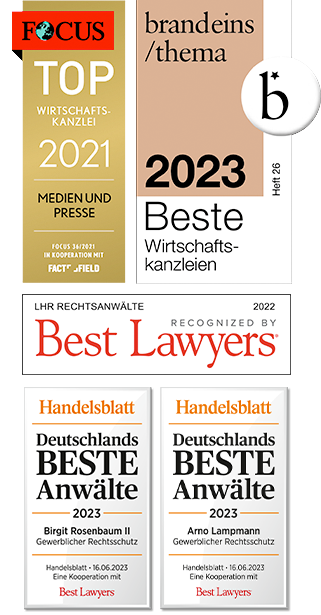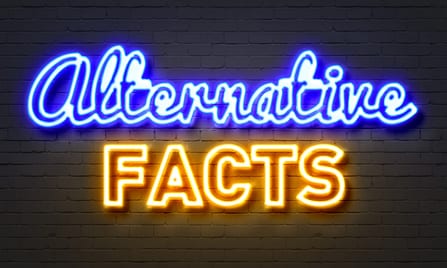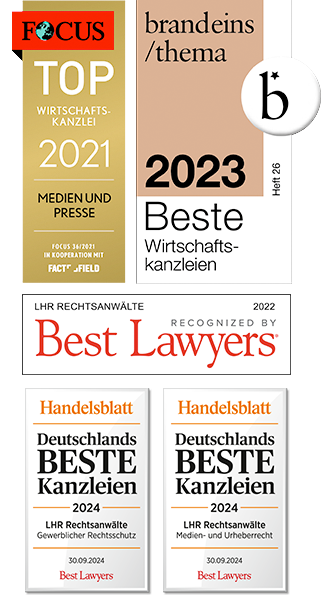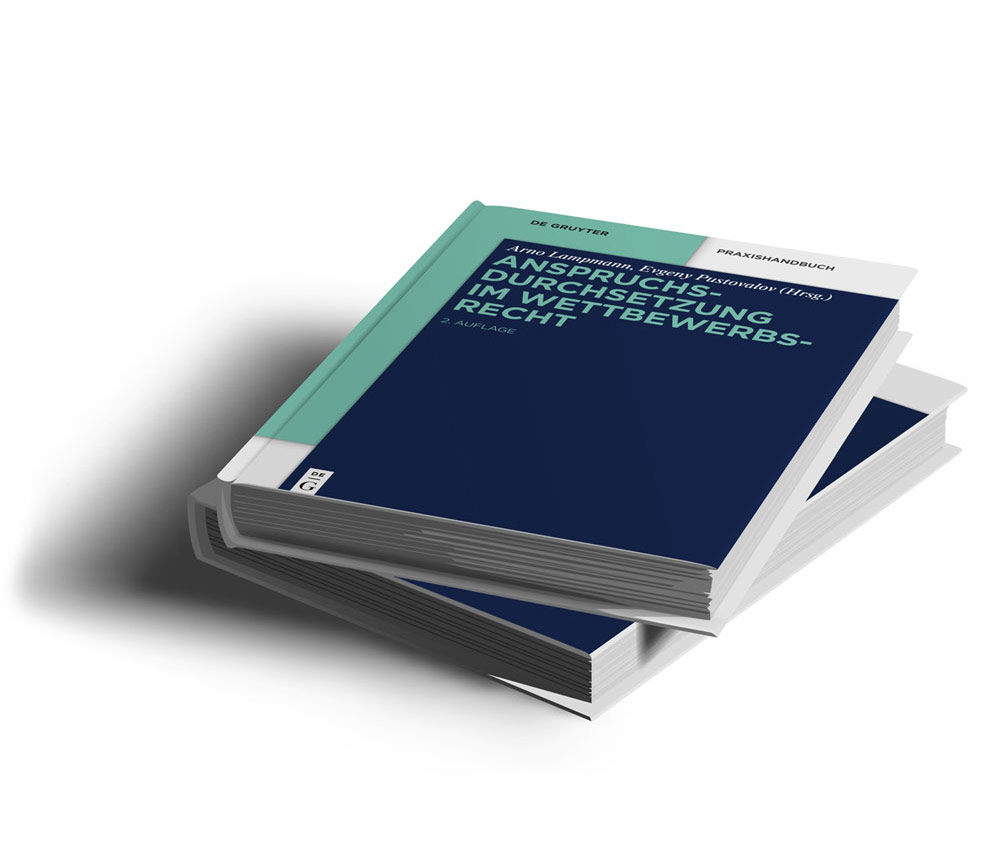LHR obtains preliminary injunction for cancellation agency – LegalTech vs. the legal profession?

The Regional Court of Cologne (Regional Court of Cologne, decision of 17.10.2023, Ref. 31 O 271/23) issued a temporary injunction in favour of a ‘deletion agency’ at the request of LHR.
This prohibits a law firm from labelling the agency’s services as ‘dubious’ and claiming that ‘the deletion of ratings by non-lawyers is illegal legal advice within the meaning of Section 2 (1) of the Legal Services Act’.
In the event of non-compliance, a fine of up to € 250,000, or alternatively up to 6 months imprisonment, may be imposed.
The threat of LegalTech
Quite a few members of the legal profession see the young, up-and-coming and now not so few LegalTech companies as a serious threat. In areas where lawyers themselves only offer the simplest and partly automated services, this concern is entirely justified. After all, there are indeed areas in which – unlike in actual legal work, where every case is different and has to be legally examined individually – processes can be standardised and ultimately no longer require legal examination in individual cases. Lawyers are indeed easily replaceable here.
‘Cancellation agencies’ vs. ’cancellation lawyers’
In recent years, an industry has emerged that offers services for deleting negative reviews at prices of less than EUR 50 per criticised review. The market is characterised by a handful of lawyers (hereinafter referred to as ‘cancellation lawyers’) and numerous LegalTech companies (hereinafter referred to as ‘cancellation agencies’).
For several years now, the cancellation lawyers have been trying to drive the cancellation agencies completely out of the market. On the one hand, this has been achieved through collusive injunction and legal proceedings as well as ‘proxy proceedings’ (more on this soon). However, even when advertising their own services, the cancellation lawyers portray their opponents in a sometimes unobjective and therefore anti-competitive manner.
Unfair advertising by lawyers, generalised accusations
For example, a law firm, which also uses standardised processes to object to negative reviews with the aim of deleting them, described deletion agencies as ‘dubious’ on its website to promote its own services and claimed that ‘the deletion of reviews by non-lawyers is illegal legal advice within the meaning of Section 2 (1) of the Legal Services Act’.
The Regional Court of Cologne prohibited this advertising information in the above-mentioned decision. With refreshing clarity, the 31st Civil Chamber found that the (standardised) objection to a negative review does not require a legal examination in individual cases and therefore does not constitute a legal service. The court qualified the lawyers’ assertion that offers such as our client’s were illegal as clearly false and unfair. The court also categorised the description as ‘dubious’ as an unfair disparagement.
The decision is not yet legally binding or final. The opposing party (cancellation lawyers) may appeal.
Why lawyers should not fear LegalTech portals
The case confirms the theses that I already put forward 4 1/2 years ago at legal-tech.de here was allowed to set up.
The chances of success for lawyers taking action against legal tech offerings will continue to decrease in the future. This is because technological progress, from sophisticated algorithms to artificial intelligence, will enable those seeking legal protection in more and more areas of law to achieve their legal protection goals quickly, effectively and inexpensively. Increasingly easy access to the law is obviously a desirable goal. Laws and case law will therefore adapt accordingly.
LegalTech portals are not competition for traditional law firms
However, the legal profession need not fear this trend. After all, it can be assumed that a traditional law firm has always been unable to cover the costs of handling a mandate in the area of flight cost reimbursement, for example. If these clients now make use of the providers described above, the legal profession will not suffer a lamentable loss.
Personalised legal advice and support will continue to have a right to exist. Well-understood legal work has always started where the mere processing of cases ends.











